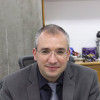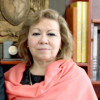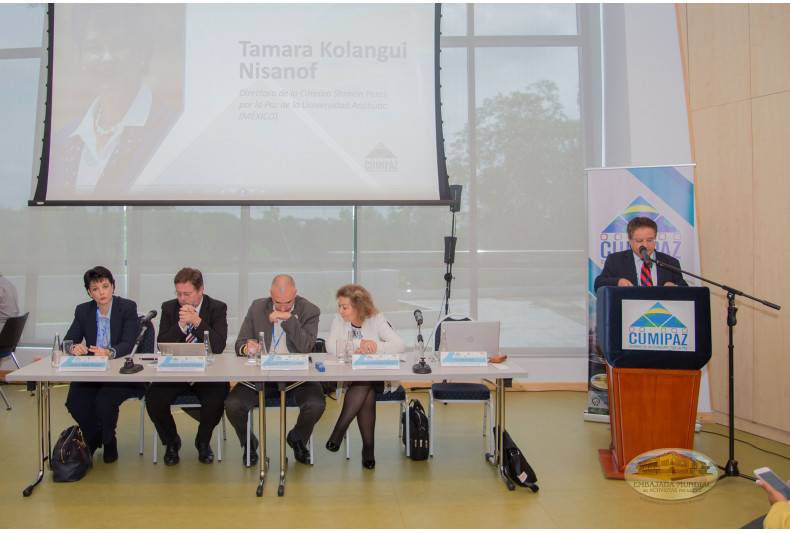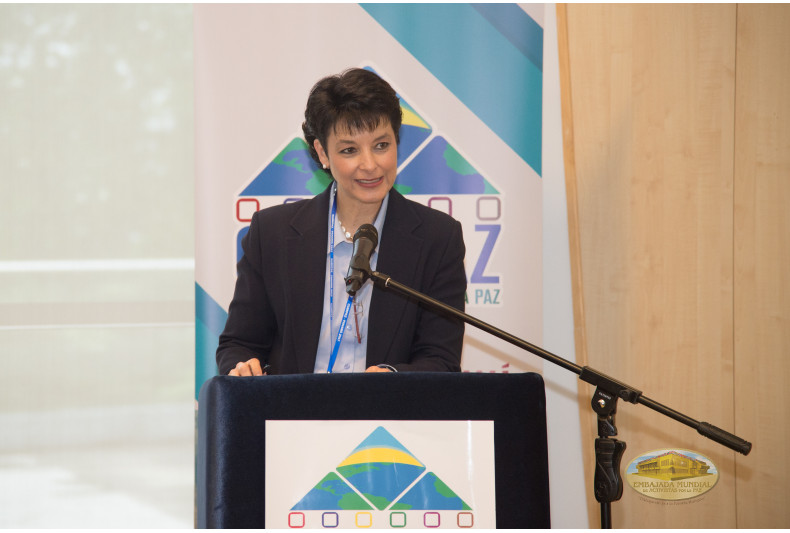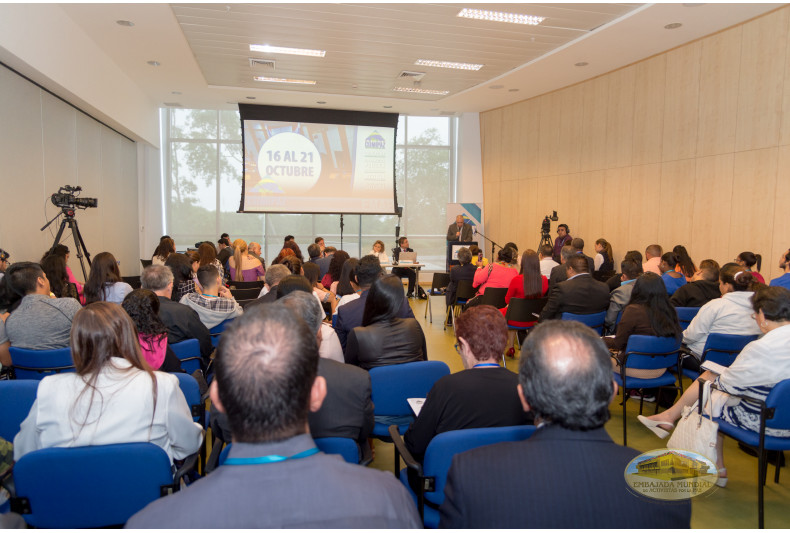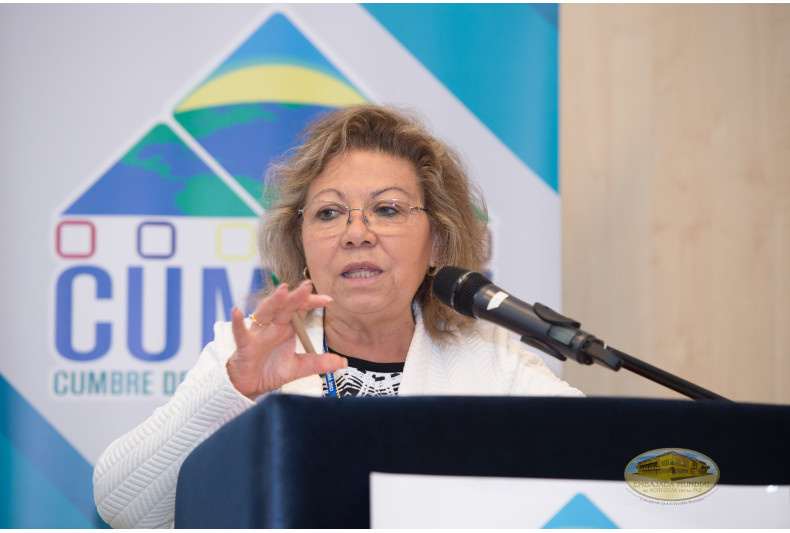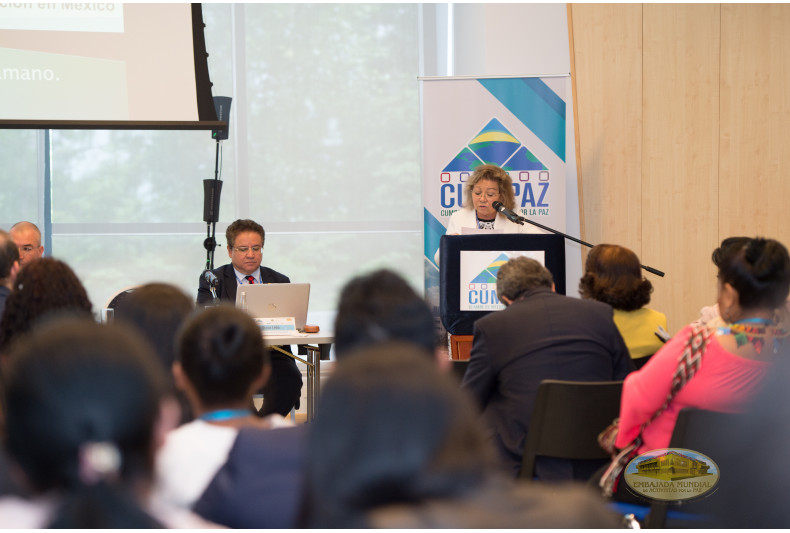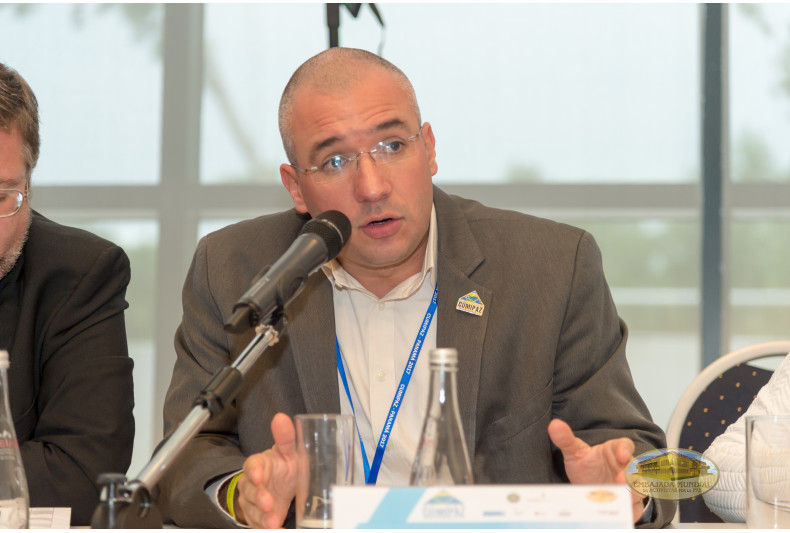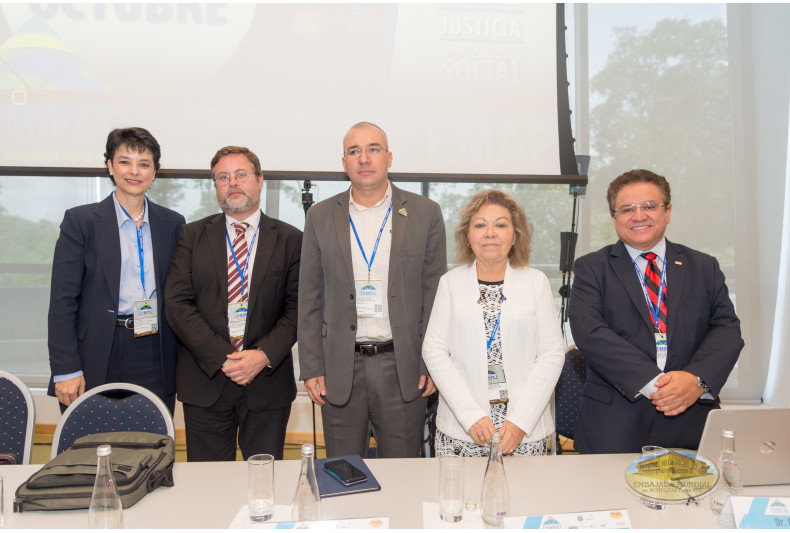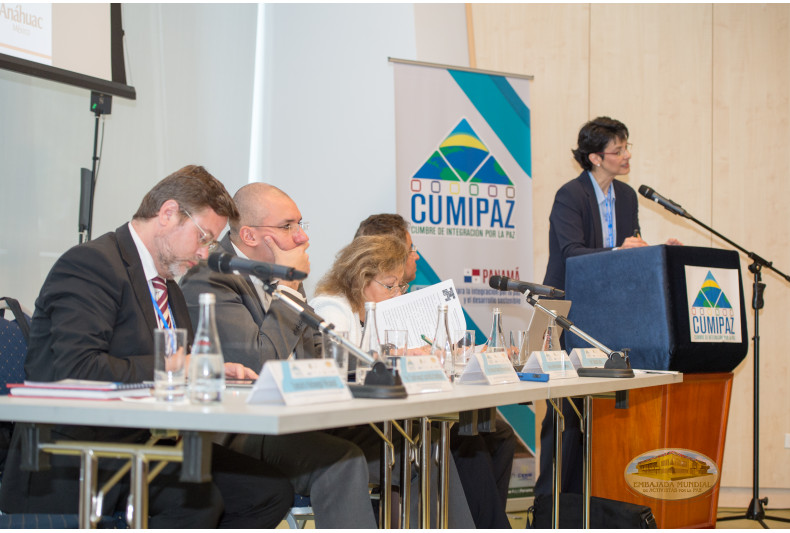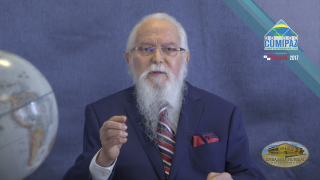Education specialists seek to create a culture of integral peace
See Gallery
The Educational Session opened a space for peace socialization through working groups. In table 1, the theme: "Education for peace: Pedagogical innovations", was developed in order to generate strategic proposals that promote an integral education in the nations.
"Peace is based on the acceptance of diversity and appreciation of the other, it is also the complete rejection of discrimination and the exploitation of others, it is accepting and tolerating the difference," said Tamara Kolangui Nisanof, director of the Shimon Peres Chair for the peace.
In her participation, Kolangui emphasized conflict resolution through three divisions that educate for peace:
- Holistic approach: extends to the true origins of the conflict
-Training in values: related to empathy, with the recognition of changes as positive exercises
- Communication skills: dialogue is of vital importance, it generates the meeting of peers in an environment of mutual trust, which allows to coexist and face problems with enthusiasm.
In addition, she contributed her vision to educate integrally, that includes educating for peace from different areas such as social responsibility, Human Rights, multicultural education, international understanding and reconciliation.
On the other hand, Santiago Castellá Surribas, Professor of Public International Law at the Rovira I Virgili University, Spain, gave an educational proposal from historical facts:
"Genocide, look at the Holocaust as the foundation, as the basis of a pedagogy of Human Rights. Place the experience of the Holocaust at the center of the explanation of Human Rights.”
For Castellá, history and new technologies can be educational tools today, for all the phenomena that are experienced through the internet.
Néstor David Restrepo, secretary of education of the government of Antioquia, Colombia, spoke about peace from language, for him the customs of violent practices have passed to everyday expressions:
"We have violated language, we have violated attitude, there is violence in face, in words, and there is violence of facts".
The general secretary of the Autonomous Association of Academic Staff of Mexico, Bertha Rodríguez, also participated in the main table and encouraged public policies that can be developed from the academic community, students and research groups.
"Education is one of the fields that have concentrated the greatest resources and expectations in the effort to achieve the economic, social and cultural development of the country".
She also expressed the need to have new study programs that allow the student to obtain a reflective and critical sense.
The proposals of the table will be read in the plenary of the Session, with the purpose of presenting them to supranational and national entities for building peace within the classrooms.


